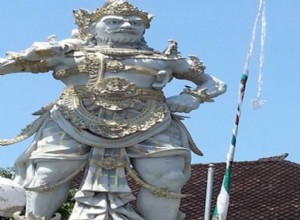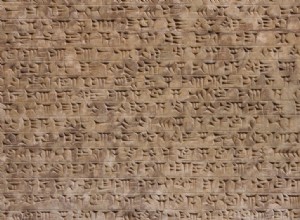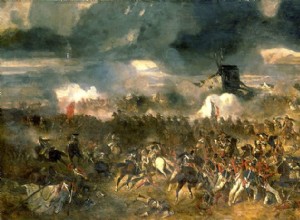As German troops invaded Poland in September 1939, a Polish captain 60 km behind the front line knew the time had come for the all-out fight. Captain Vladislav Raginis commanded a reinforced battalion-level force in the Vizna region. Raginis came from a family of landowners and was of Latvian descen




